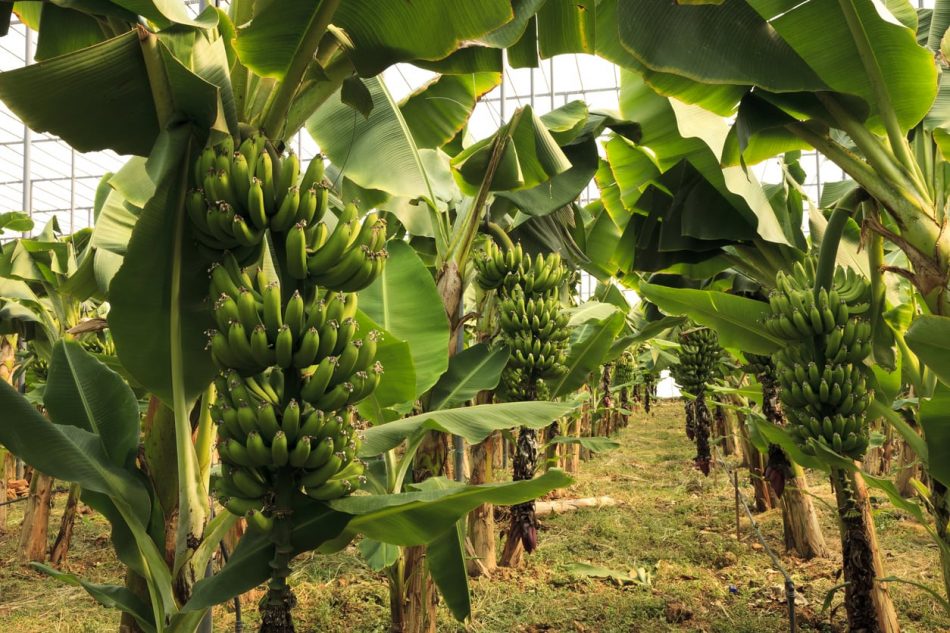The growing of bananas is a particularly wasteful form of agriculture, with only 12 percent of the plant actually being used. The pseudostem makes up much of the rest, and while it can be composted or used in the production of textiles, it’s usually just thrown away.
In order to bring new value to that waste, researchers from Australia developed an experimental new recycling process. It begins with the pseudostem being chopped up into pieces, those pieces then being dried in an oven at a low temperature, and then milled into a fine powder. That powder is subsequently washed via a soft chemical treatment. This step isolates a material called nanocellulose – which is made up of tiny cellulose fibers – from the rest of the powder.
From that nanocellulose, sheets of plastic can be made that are both biodegradable and fully recyclable. The finished product has a consistency, not unlike that of the parchment paper used in baking, and could potentially be used in products such as shopping bags and food packaging. It can be fully recycled up to three times without any loss in quality, and when it is discarded and placed in the soil, it breaks down organically. Additionally, lab tests indicate that the material doesn’t leach any harmful compounds into food—which can be a problem in some bioplastics such as cups made from bamboo.
The scientists are now seeking industry partners who are interested in scaling the process up to commercial production levels and making it as cost-effective as possible.











